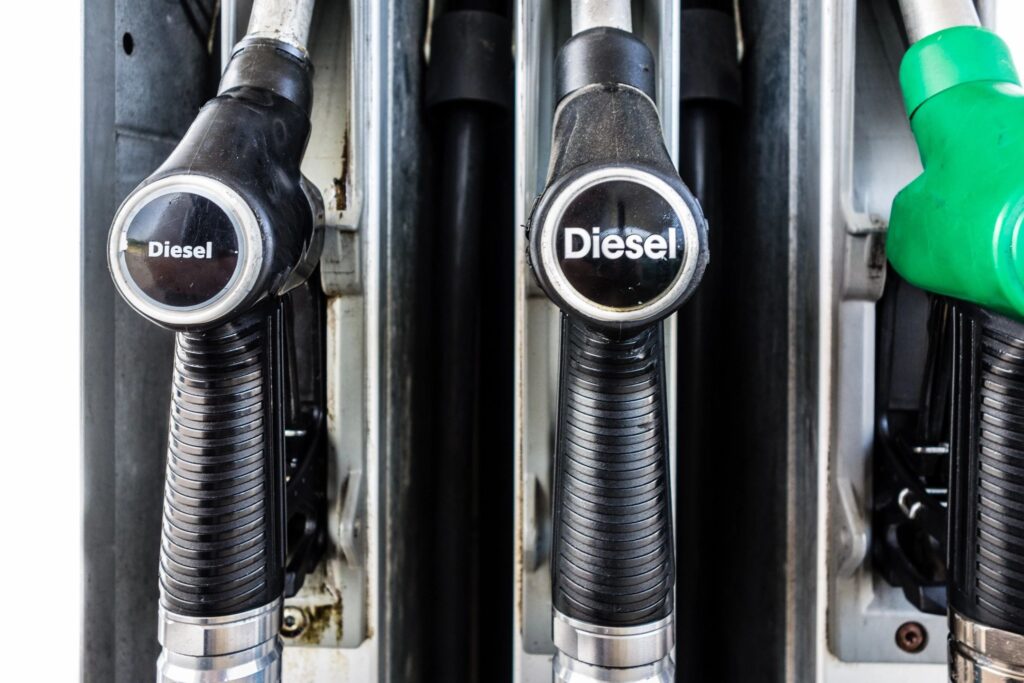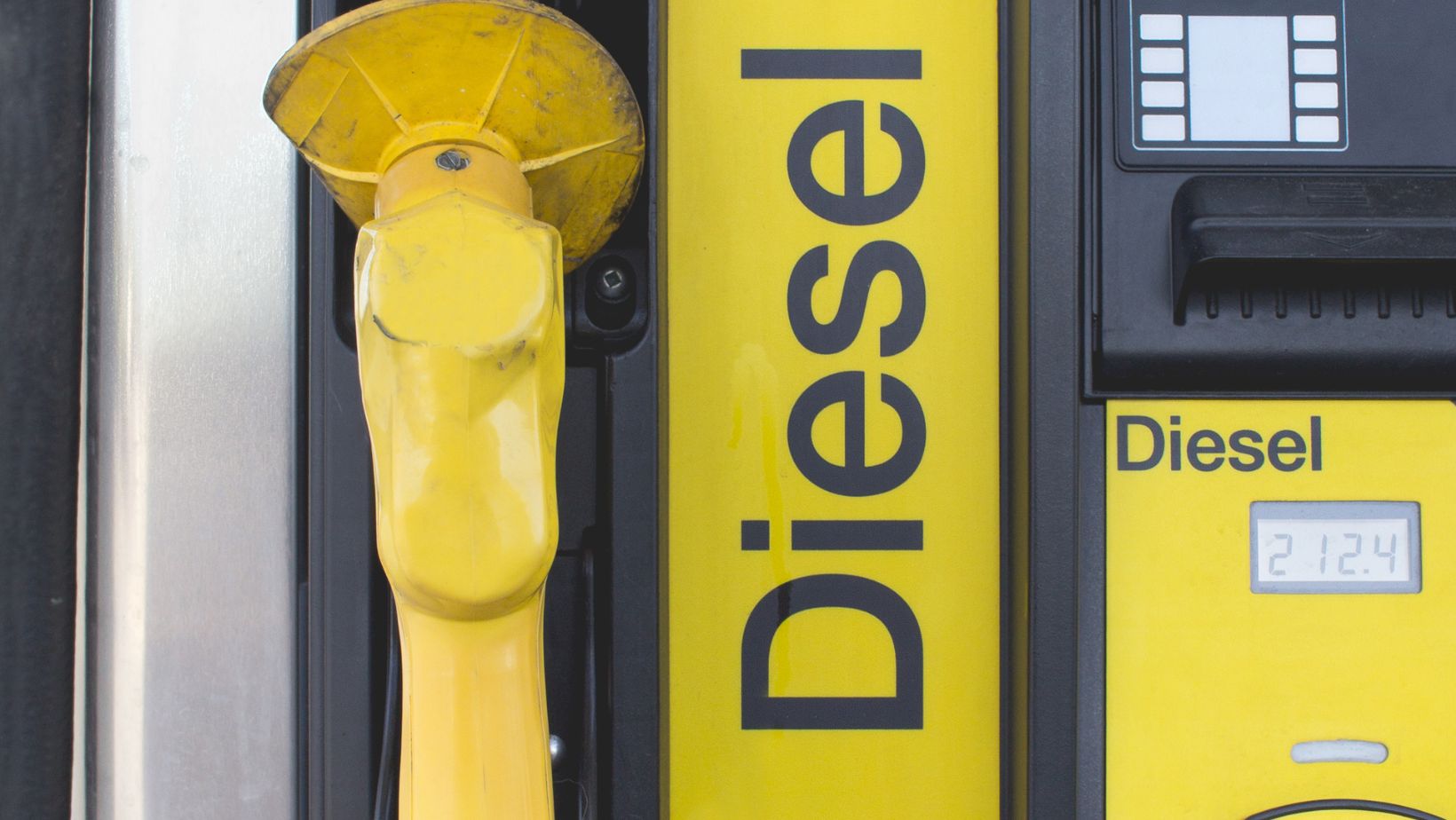EN590 10 ppm
EN590 is a European standard for diesel fuel, established by the European Committee for Standardization (CEN). It specifies the physical properties and quality requirements for automotive diesel fuel, ensuring consistency and compatibility with diesel engines across Europe and other regions that adopt this standard.
Introduced in 1993, the EN590 standard has undergone several revisions to accommodate advancements in diesel engine technology and evolving environmental regulations. One of the key drivers for these updates is the need to reduce harmful emissions and improve air quality. As a result, EN590 sets strict limits on sulfur content, which is a major contributor to air pollution. The current standard limits sulfur content to a maximum of 10 parts per million (ppm), effectively producing what is known as “ultra-low sulfur diesel” (ULSD).
The EN590 specification also addresses other critical fuel properties, including cetane number, density, viscosity, flash point, cold filter plugging point (CFPP), and content of polycyclic aromatic hydrocarbons (PAHs). The cetane number, which measures the combustion quality of diesel fuel, must meet a minimum requirement to ensure efficient engine performance and reduced emissions. Density and viscosity are controlled to maintain fuel consistency and engine compatibility, while the flash point is regulated to ensure safe handling and storage. The CFPP is particularly important for winter performance, as it indicates the lowest temperature at which the fuel will flow freely, preventing engine issues in cold climates.
EN590 diesel is formulated to meet the stringent emission standards of modern diesel engines, including those equipped with advanced emission control technologies like diesel particulate filters (DPFs) and selective catalytic reduction (SCR) systems. These technologies are essential for complying with Euro 6 and other international emission standards, which aim to limit nitrogen oxides (NOx), particulate matter (PM), and other pollutants.
In summary, EN590 is a comprehensive standard that ensures high-quality diesel fuel suitable for modern diesel engines. By regulating critical fuel properties and limiting sulfur content, EN590 diesel helps reduce emissions, enhance engine performance, and promote environmental sustainability. Its widespread adoption underscores its importance in harmonizing diesel fuel specifications and supporting cleaner, more efficient transportation.
TDS EN590
DESCRIPTION
Low sulphur road fuel, suitable for use in all road vehicles powered by a diesel
engine.
CHARACTERISTICS
Appearance Clear and bright, free from visible
sediment and water.
Colour 2·5 max
Odour Merchantable
Density @ 15°C g/ml 0⋅820 min – 0⋅835 max
Cold filter plugging point
Winter °C (2) -15 max
Summer °C (2) -5 max
Cloud point
Winter °C (2) -5 max
Summer °C (2) +3 max
Flash point (PMCC) °C 56 min
Cetane number 51 min
Cetane index 46 min
Viscosity cst @ 40°C 2⋅0 min – 4⋅5 max
Sulphur % Wt 0⋅001 max
Copper corrosion 3 hr @ 50°C class I
Micro carbon residue:-
Residue wt on 10% bottoms 0⋅30 (note 3)
Ash % Wt 0⋅01 max
Particulate matter mg/kg 24 max
Water mg/kg 200 max
Distillation °C
% Vol Rec @ 250°C 65⋅0 max
% Vol Rec @ 345°C 85·0 min
95% Vol recovered ºC 360·0
Oxidation stability mg/100ml 2·5 max
Polycyclic aromatic 11 max
hydrocarbons (%)
Lubricity, Corrected water scar 460 Diameter @ ºC


